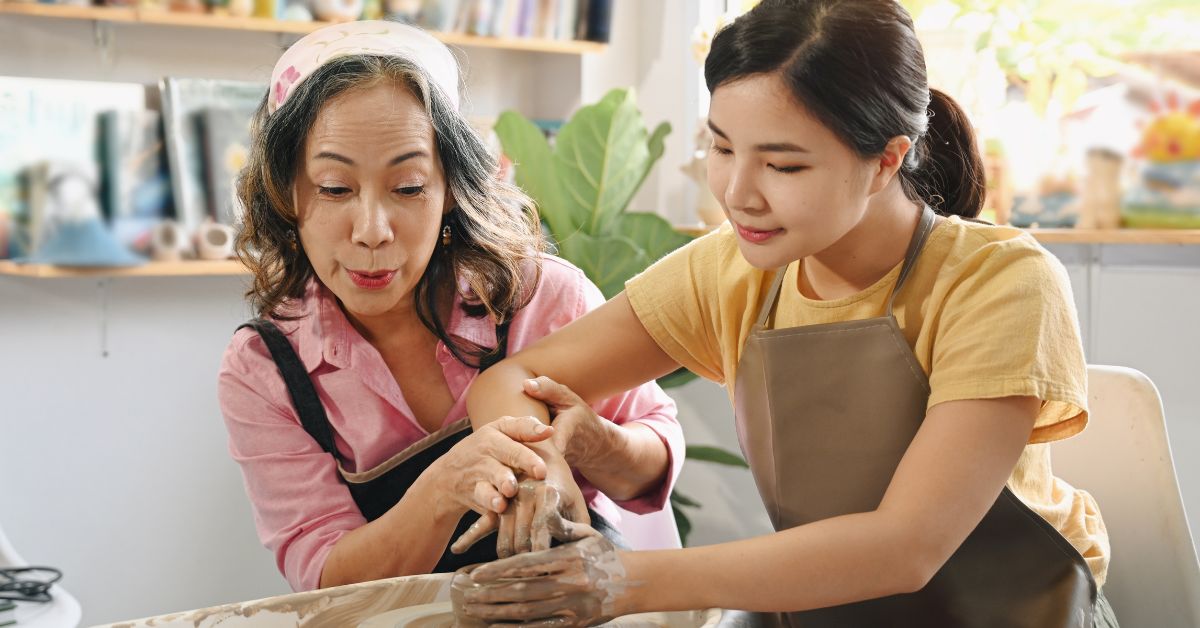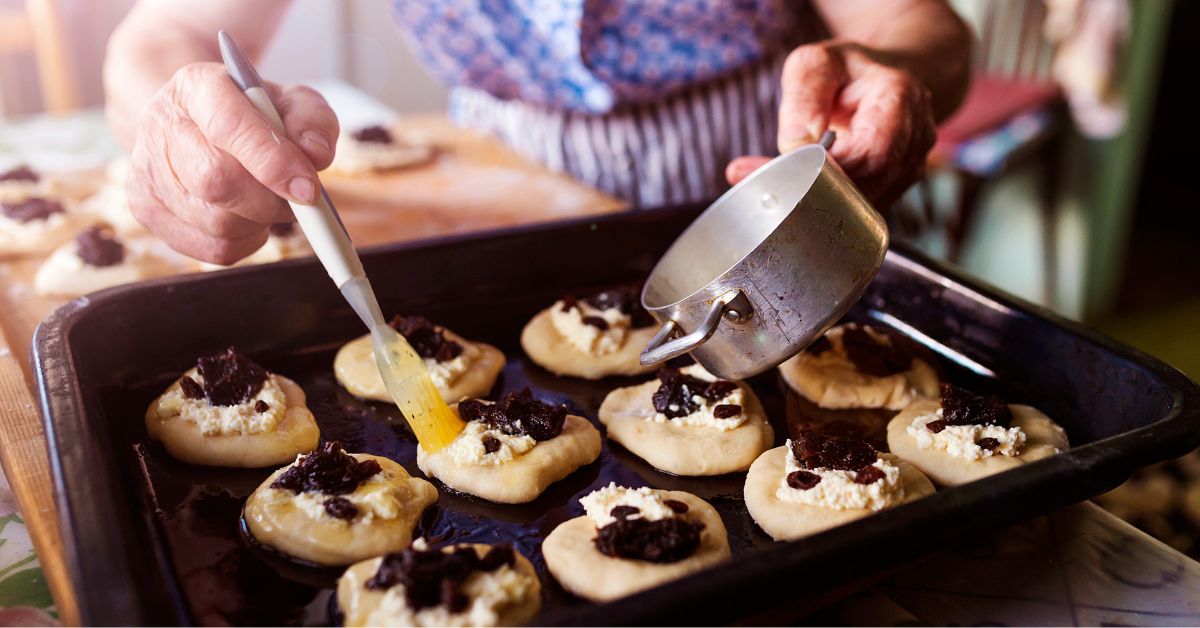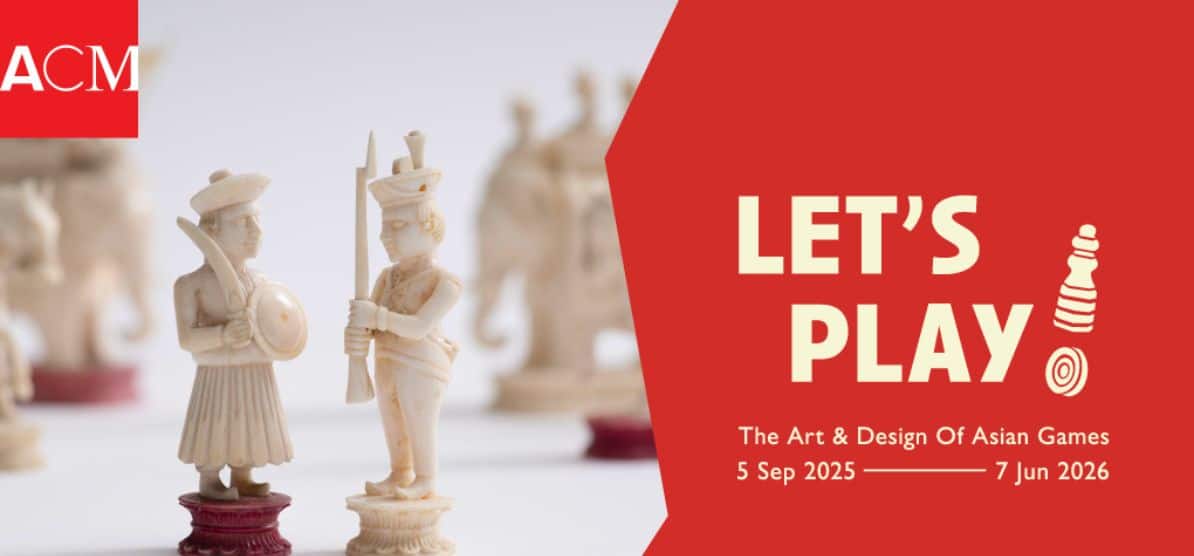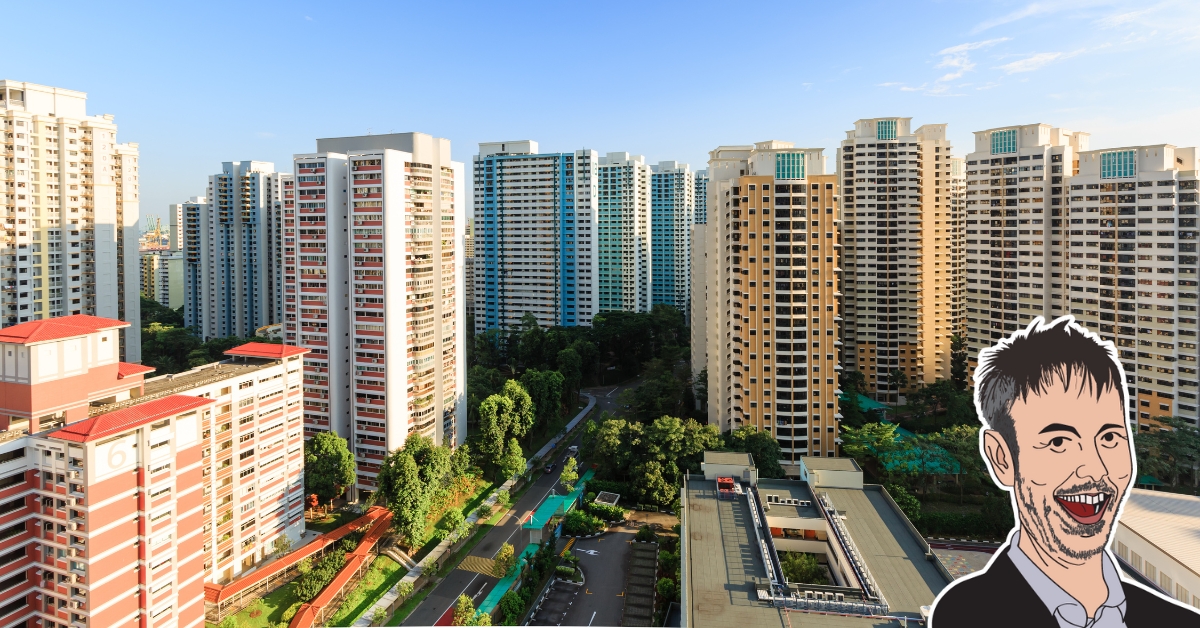
My late grandmother never wanted to leave her home. There’s no place like home and it wasn’t just bricks and mortar. It was a spiritual place where she raised her children, entertained her grandchildren and flashed the neighbours.
Yes, you read that line correctly. Having survived the German Luftwaffe’s successful bombing of her childhood home and my late grandfather’s decision to essentially not talk for 50 years, my grandmother developed this astonishing joie de vivre that manifested itself in the strangest ways.
She’d perform the Hawaiian Hula in the living room. She’d never been to Hawaii and couldn’t do the Hula. It didn’t stop her. She’d sing a wartime song or tell a filthy joke in the kitchen. Her audience was often primary-age grandchildren. It didn’t stop her. And, yes, she’d flash her knickers for George, who lived in the neighbouring council flats, for a giggle. In broad daylight. It didn’t stop her.
(Her justification was that George hadn’t been the same since becoming a widower and she wanted to ‘cheer him up’. Why she couldn’t just make him a cup of tea was anyone’s guess.)
But that was my late grandmother, the indomitable cockney Queen of her kingdom, street and East London community. She ruled over all she surveyed, until dementia took its vicious toll and left her with no choice but to rely on additional support in a care home. She didn’t want to go and was never the same again.
Advertisement
There’s no place like home
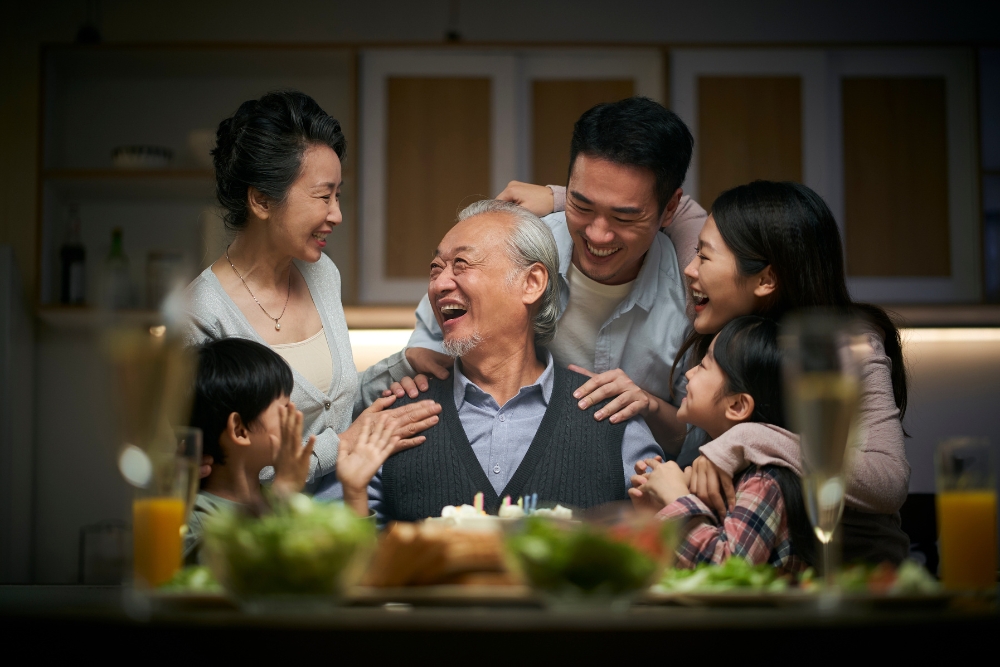
A family home is both a storage facility for one’s nostalgia and a warm, security blanket for those growing old.
And the neighbouring community, the kampong, call it what you want, represents a fortress of familiarity, a comforting safe space of friendly faces for those at risk of feeling disconnected, emotionally and socially, which is my pretentious way of saying that Dorothy and E.T. were right.
There’s no place like home and seniors have earned the right to stay there. And Singaporeans overwhelmingly agree.
The Straits Times recently reported that eight in 10 older adults in Singapore prefer to age in their current homes, according to an ongoing study by the Centre for Research on Successful Ageing (ROSA) at Singapore Management University.
Continuity and stability remain constants in our ageing population, which are understandable and practical concerns for a society steeped in the traditions of both filial piety and the kampong. Multi-generational households are common with extended family members often in the same housing block, estate or street.
Quite honestly, It’s a testament to those family values that such arrangements have survived the ceaseless property flipping, en-bloc developments and the island’s ongoing obsession with becoming a nation of landlords.
And rightly so. A country raised on the kampong spirit can’t strip away those communal virtues as soon as grandma and grandpa are considered a drain on our financial and physical resources. Leave them in their family homes for as long as possible, for both emotional and practical reasons.
Home helps with well-being
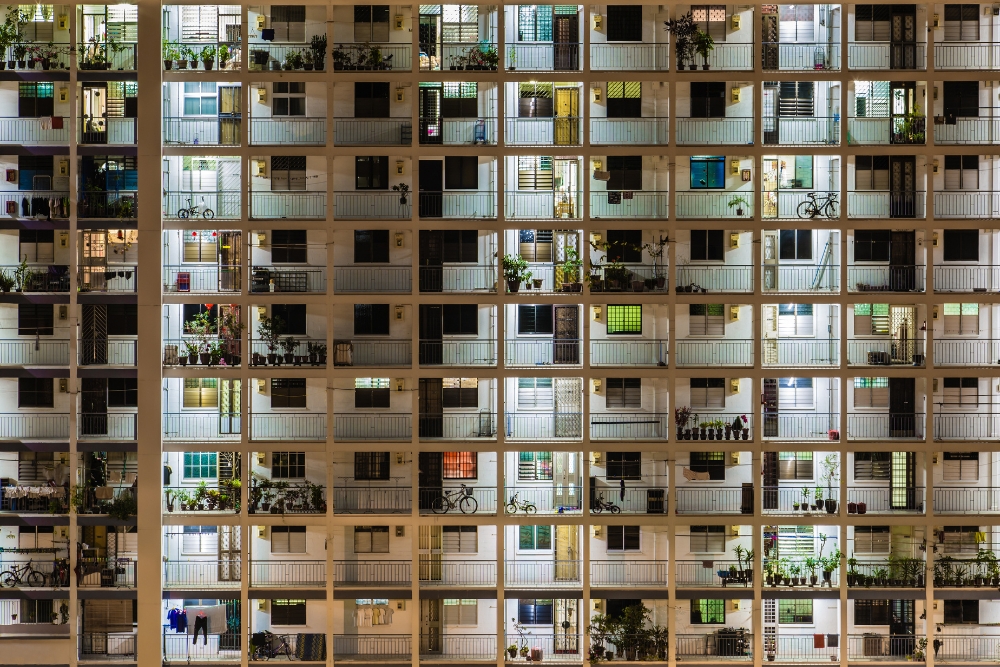
Being familiar with one’s surroundings boosts mental health and diminishes a sense of loneliness and depression. My late grandmother lived alone for years, but she had a bigger social network than Mark Zuckerberg, only hers was less toxic and contained fewer photos of cute otters eating fish heads (she missed out on that one).
Her local community sustained her for another 20 years after her husband died. The local supermarket put out a chair for her and asked her not to swear in front of the children.
She stopped to speak with shop owners and fellow shoppers, like a politician on a meet-the-people walkabout, only she did it for her well-being, rather than photo ops. And when she was accidentally clipped by a car at a pedestrian crossing, the neighbours ran out to help and examine the damage done. To the car. True story.
I’ve no doubt that my grandmother’s daily engagement with her local community, making use of nearby amenities every morning, added a healthy and vibrant decade to her life. She cherished that priceless sense of belonging until dementia took its toll.
So why would anyone want to have such life-affirming benefits taken away? Rather than take seniors to an age-appropriate facility prematurely, why not take age-appropriate facilities to seniors?
With one in four citizens expected to be 65 and above in 2030, the Government deserves credit for creating more senior-friendly, mixed-use developments in Admiralty and Bedok.
The Silver Upgrading Programme and Estate Upgrading Programme are building barrier-free ramps, a seemingly small but vital improvement. (Aside from dementia, my grandmother’s inability to climb her stairs was the sad, last straw for our family.)
And the national Age Well SG programme is a long-term plan geared towards supporting seniors to age well in their homes and communities. Wonderful stuff.
Obviously, there’s a utilitarian angle. This is Singapore, after all. A healthy, robust population of active seniors eases the burden on healthcare facilities, not to mention the public purse.
But does that really matter? Here’s a rare instance where the economic, social and emotional upsides are self-evident to all. Society and the individual can both profit.
Allowing Singapore’s seniors to grow old with dignity, in their own homes, should be the very least a compassionate society can do for its people. They have earned the right to retain their independence for as long as possible, keep a sense of autonomy and relax among their creature comforts.
Of course, flashing one’s knickers at the neighbours should only ever take place within the privacy of one’s home.


